 W
WWystan Hugh Auden was an Anglo-American poet. Auden's poetry was noted for its stylistic and technical achievement, its engagement with politics, morals, love, and religion, and its variety in tone, form, and content. Some of his best known poems are about love, such as "Funeral Blues"; on political and social themes, such as "September 1, 1939" and "The Shield of Achilles"; on cultural and psychological themes, such as The Age of Anxiety; and on religious themes such as "For the Time Being" and "Horae Canonicae".
 W
WHugo Badalić was a Croatian writer.
 W
WVladimir Grigoryevich Benediktov (Russian: Влади́мир Григо́рьевич Бенеди́ктов, was a Russian romantic poet and translator, of Goethe, Schiller, Barbier, Gautier and Mickiewicz, among others.
 W
WLucian Blaga was a Romanian philosopher, poet, playwright and novelist.
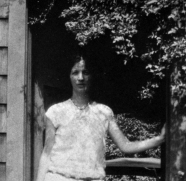 W
WLouise Bogan was an American poet. She was appointed the fourth Poet Laureate to the Library of Congress in 1945, and was the first woman to hold this title. Throughout her life she wrote poetry, fiction, and criticism, and became the regular poetry reviewer for The New Yorker.
 W
WValery Yakovlevich Bryusov was a Russian poet, prose writer, dramatist, translator, critic and historian. He was one of the principal members of the Russian Symbolist movement.
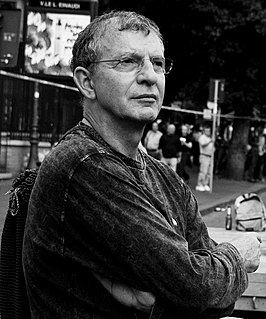 W
WAldo Busi is a contemporary Italian writer and translator, famous for his linguistic invention and for his polemic force as well as for some prestigious translations from English, German and ancient Italian that include Johann Wolfgang Goethe, Lewis Carroll, Christina Stead, Giovanni Boccaccio, Baldesar Castiglione, Friedrich Schiller, Joe Ackerley, John Ashbery, Heimito von Doderer, Ruzante, Meg Wolitzer, Paul Bailey, Nathaniel Hawthorne.
 W
WYa'akov Cahan or Kahan was an Israeli poet, playwright, translator, writer and Hebrew linguist.
 W
WRafael Cansinos Asséns, born in Seville, was a Spanish poet, novelist, essayist, literary critic and translator.
 W
WThomas Carlyle was a British historian, satirical writer, essayist, translator, philosopher, mathematician, and teacher. In his book On Heroes, Hero-Worship, and The Heroic in History (1841), he argued that the actions of the "Great Man" play a key role in history, claiming that "the history of the world is but the biography of great men". Other major works include The French Revolution: A History, 3 vols (1837) and The History of Friedrich II of Prussia, Called Frederick the Great, 6 vols (1858–65).
 W
WFrantišek Ladislav Čelakovský was a Czech poet, translator, linguist, and literary critic. He was a major figure in the Czech “national revival”. His most notable works are Ohlas písní ruských and Ohlas písní českých.
 W
WSir Charles Lock Eastlake was an English painter, gallery director, collector and writer of the early 19th century.
 W
WOtokar Fischer was a Czech translator, playwright, poet and critic.
 W
WReginald John "R. J." Hollingdale was a British biographer and translator of German philosophy and literature, especially the works of Friedrich Nietzsche, Goethe, E. T. A. Hoffmann, G. C. Lichtenberg, and Schopenhauer.
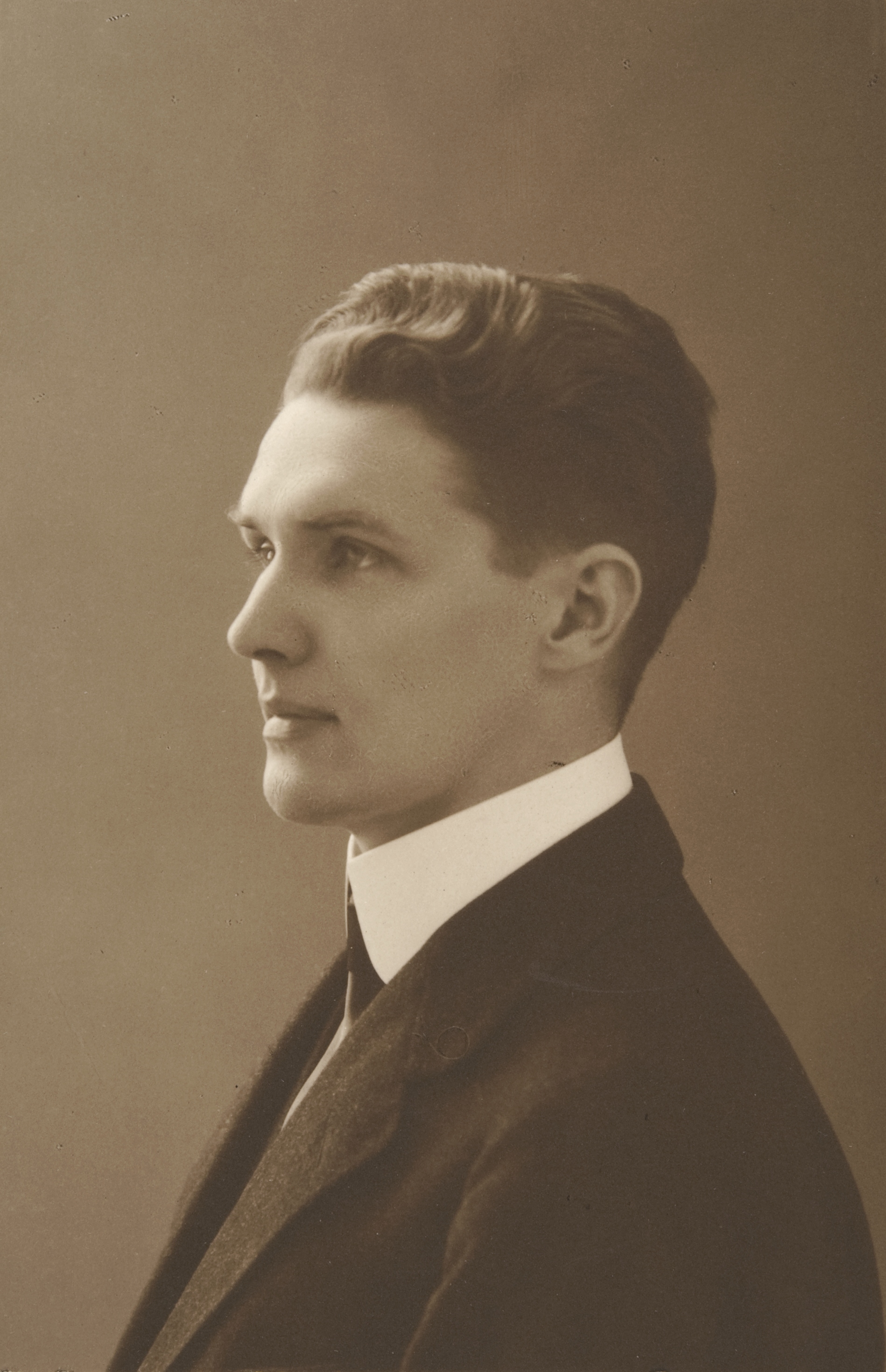 W
WJuho August Hollo, also known as J.A. Hollo, was professor at the University of Helsinki from 1930 to 1954.
 W
WMichael Hulse is an English translator, critic and poet, notable especially for his translations of German novels by W. G. Sebald, Herta Müller, and Elfriede Jelinek.
 W
WMaria Ilnicka, maiden name Majkowska was a Polish poet, novelist, translator and journalist. She took part in the January Uprising against Russia, as archivist of Polish National Government. After the collapse of the uprising, for short time, she was imprisoned. Ilnicka was advocate of feminism and organic work. In 1865, she was leading redactor weekly magazine for woman “Bluszcz”.
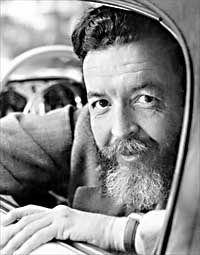 W
WRandall Jarrell jə-REL was an American poet, literary critic, children's author, essayist, and novelist. He was the 11th Consultant in Poetry to the Library of Congress—a position that now bears the title Poet Laureate of the United States.
 W
WProfessor Thomas Gwynn Jones C.B.E., more widely known as T. Gwynn Jones, was a leading Welsh poet, scholar, literary critic, novelist, translator, and journalist who did important work in Welsh literature, Welsh education, and the study of Welsh folk tales in the first half of the twentieth century. He was also an accomplished translator into Welsh of works from English, German, Greek, and Irish.
 W
WButkų Juzė was the pen name of Juozas Butkus, a Lithuanian educator, poet, playwright and journalist. He worked for numerous newspapers from 1910 onwards, including Aušrinė, Žemaitis, Lietuvos žinios, and Naujojoje Lietuvoje. In 1932 he was inducted into the Lithuanian Journalists' Union. He wrote the play Palaidūnas (Prodigal) in 1925, and translated numerous works into Lithuanian, including Goethe's Egmont. He later worked as a museum curator and teacher at the Klaipėda Pedagogical Institute.
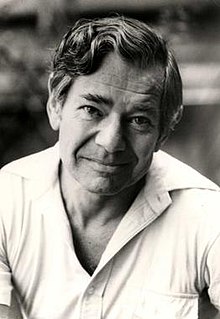 W
WWalter Arnold Kaufmann was a German-American philosopher, translator, and poet. A prolific author, he wrote extensively on a broad range of subjects, such as authenticity and death, moral philosophy and existentialism, theism and atheism, Christianity and Judaism, as well as philosophy and literature. He served more than 30 years as a professor at Princeton University.
 W
WVentseslav Konstantinov was a Bulgarian writer, aphorist and translator of German and English literature.
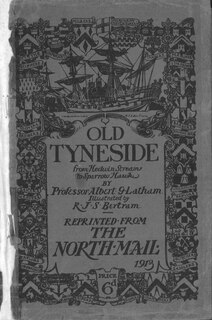 W
WAlbert George Latham (1864–1940) was the first Professor of Modern Languages at Newcastle University. He was educated at the Universities of London, Bonn, Caen, Paris and Florence and joined the staff in 1893 as a lecturer in French and Italian. In 1899, he married the daughter of A D Murray, editor of the Newcastle Daily Journal. He was a specialist in French and German literature and also an accomplished translator for several European languages, mainly German, French and Italian, translating, among other things, choral works set by his colleague at Newcastle, W G Whittaker. In 1910/11, he was appointed as the first full professor of Modern Languages, leading to Centenary Celebrations at the School of Modern Languages at Newcastle in 2011. Latham’s publications included The Oxford Treasury of French Literature. His translation of Goethe's Faust for the Everyman's Library edition was the one most English-speaking readers in the first half of the twentieth century would have been familiar with. He retired in 1926.
 W
WWilhelm Veniaminovich Levick was a Russian poet, translator, literary critic and artist. He translated Shakespeare, Byron, Baudelaire, Goethe, Schiller, Heine, La Fontaine, Mickiewicz, Ronsard, Du Bellay, Camões, Petrarch, Gautier, Lenau, Aragon and others. Many famous poets, translators and writers have noted that Levik translations are characterized by high culture, poetry and precision in the transmission of the original.
 W
WFrederick Louis MacNeice was an Irish poet and playwright from Northern Ireland, and a member of the Auden Group, which also included W. H. Auden, Stephen Spender and Cecil Day-Lewis. MacNeice's body of work was widely appreciated by the public during his lifetime, due in part to his relaxed but socially and emotionally aware style. Never as overtly or simplistically political as some of his contemporaries, he expressed a humane opposition to totalitarianism as well as an acute awareness of his roots.
 W
WAndrea Maffei was an Italian poet, translator and librettist. He was born in Molina di Ledro, Trentino. A follower of Vincenzo Monti, he formed part of the 19th-century Italian classicist literary culture. Gaining laurea in jurisprudence, he moved for some years to Verona, then to Venice and finally to Milan, where in 1831 he married contessa Clara Spinelli. They separated by mutual consent on 15 June 1846.
 W
WPetros Márkaris is a Greek-Armenian writer of detective novels starring the grumpy Athenian police investigator Costas Haritos.
 W
WCharles Frédéric Martins (1806–1889) was a French physician, botanist, geologist, naturalist, and translator.
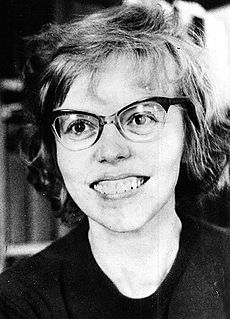 W
WAila Meriluoto was a Finnish poet, writer and translator.
 W
WLieutenant-General Mori Rintarō , known by his pen name Mori Ōgai , was a Japanese Army Surgeon general officer, translator, novelist, poet and father of famed author Mari Mori. He obtained his medical license at a very young age and introduced translated German literary works to the Japanese public. Mori Ōgai also was considered the first to successfully express the art of western poetry in Japanese. He wrote many works and created many writing styles. The Wild Geese (1911–1913) is considered his major work. After his death, he was considered one of the leading writers who modernized Japanese literature.
 W
WDusán Mukics is a Slovene reporter, journalist, musician, poet, ballet performer and translator.
 W
WGérard de Nerval was the nom de plume of the French writer, poet, and translator Gérard Labrunie, a major figure of French romanticism, best known for his novellas and poems, especially the collection Les Filles du feu, which included the novella Sylvie and the poem "El Desdichado". Through his translations, Nerval played a major role in introducing French readers to the works of German Romantic authors, including Klopstock, Schiller, Bürger and Goethe. His later work merged poetry and journalism in a fictional context and influenced Marcel Proust. His last novella, Aurélia, influenced André Breton and Surrealism.
 W
WFranciszek Henryk Siła-Nowicki was a Young Poland poet, a mountaineer, socialist activist, and designer of the Orla Perć High Tatras mountain trail.
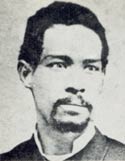 W
WCandelario Obeso was a Colombian poet. He is known as a precursor of the Poesía Negra y oscura in Colombia.
 W
WAnts Oras was an Estonian translator and writer.
 W
WGiorgio Orelli was an Italian-speaking Swiss poet, writer and translator.
 W
WJohn Oxenford was an English dramatist, critic and translator.
 W
WJovan Pačić was a Serbian soldier, poet, writer, philologist, translator, illustrator and painter. He was the first Serb to translate Goethe.
 W
WErnestine Panckoucke, née Désormeaux, aka Anne-Ernestine Panckoucke (1784-1860), was a French botanical illustrator and flower painter, considered one of Redouté's most gifted students.
 W
WBoris Leonidovich Pasternak was a Russian poet, novelist, and literary translator. Composed in 1917, Pasternak's first book of poems, My Sister, Life, was published in Berlin in 1922 and soon became an important collection in the Russian language. Pasternak's translations of stage plays by Goethe, Schiller, Calderón de la Barca and Shakespeare remain very popular with Russian audiences.
 W
WEduard Petiška was a Czech poet, translator, playwright and novelist, the author of many books for children and young people, and a translator and theorist of children's literature. He wrote over ninety books, which were translated to dozens of languages.
 W
WNicolae Chiriac Quintescu was a Wallachian, later Romanian philologist, essayist and translator.
 W
WAbai Qunanbaiuly was a Kazakh poet, composer and philosopher. He was also a cultural reformer toward European and Russian cultures on the basis of enlightened Islam. His name is also transliterated as Abay Kunanbayev ; among Kazakhs he is known as Abai.
 W
WRainis was the pseudonym of Jānis Pliekšāns, a Latvian poet, playwright, translator, and politician. Rainis' works include the classic plays Uguns un nakts and Indulis un Ārija, and a highly regarded translation of Goethe's Faust. His works had a profound influence on the literary Latvian language, and the ethnic symbolism he employed in his major works has been central to Latvian nationalism.
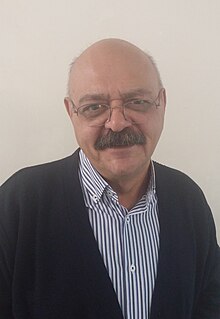 W
WDr. Kourosh Safavi is an Iranian linguist, translator and university professor. He is the vice-president of Linguistics Society of Iran and a leading professor in Allameh Tabataba'i University, Tehran, Iran. His activities revolve around semantics, semiotics, history of linguistics and the relationship between linguistics and literature.
 W
WMilan Savić was a Serbian polymath: writer, historian, philosopher, medical doctor, geographer, literary critic and translator of Goethe's "Faust" in Serbian. Savić was a president of Matica srpska (1896–1911). He was the father of Anica Savić Rebac.
 W
WJuhani Siljo was a Finnish poet and translator.
 W
WAndrej Sládkovič was a Slovak poet, critic, publicist and translator.
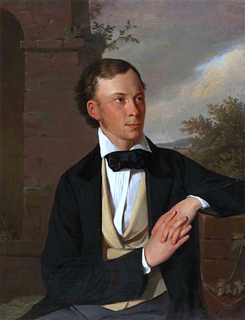 W
WLudwik Władysław Franciszek Kondratowicz, better known as Władysław Syrokomla, was a Polish romantic poet, writer and translator working in Vilnius and Vilna Governorate, then Russian Empire.
 W
WBayard Taylor was an American poet, literary critic, translator, travel author, and diplomat.
 W
WErkin Vohidov was an Uzbek poet, playwright, literary translator, and statesman. In addition to writing his own poetry, Vohidov translated the works of many famous foreign poets, such as Aleksandr Tvardovsky, Johann Wolfgang von Goethe, Muhammad Iqbal, Rasul Gamzatov, and Sergey Yesenin into the Uzbek language. Particularly noteworthy are his translations of Yesenin's works and Goethe's Faust.
 W
WLudwik Lejzer Zamenhof was a Polish ophthalmologist, linguist and the creator of the international language Esperanto, the most widely used constructed international auxiliary language in the world.